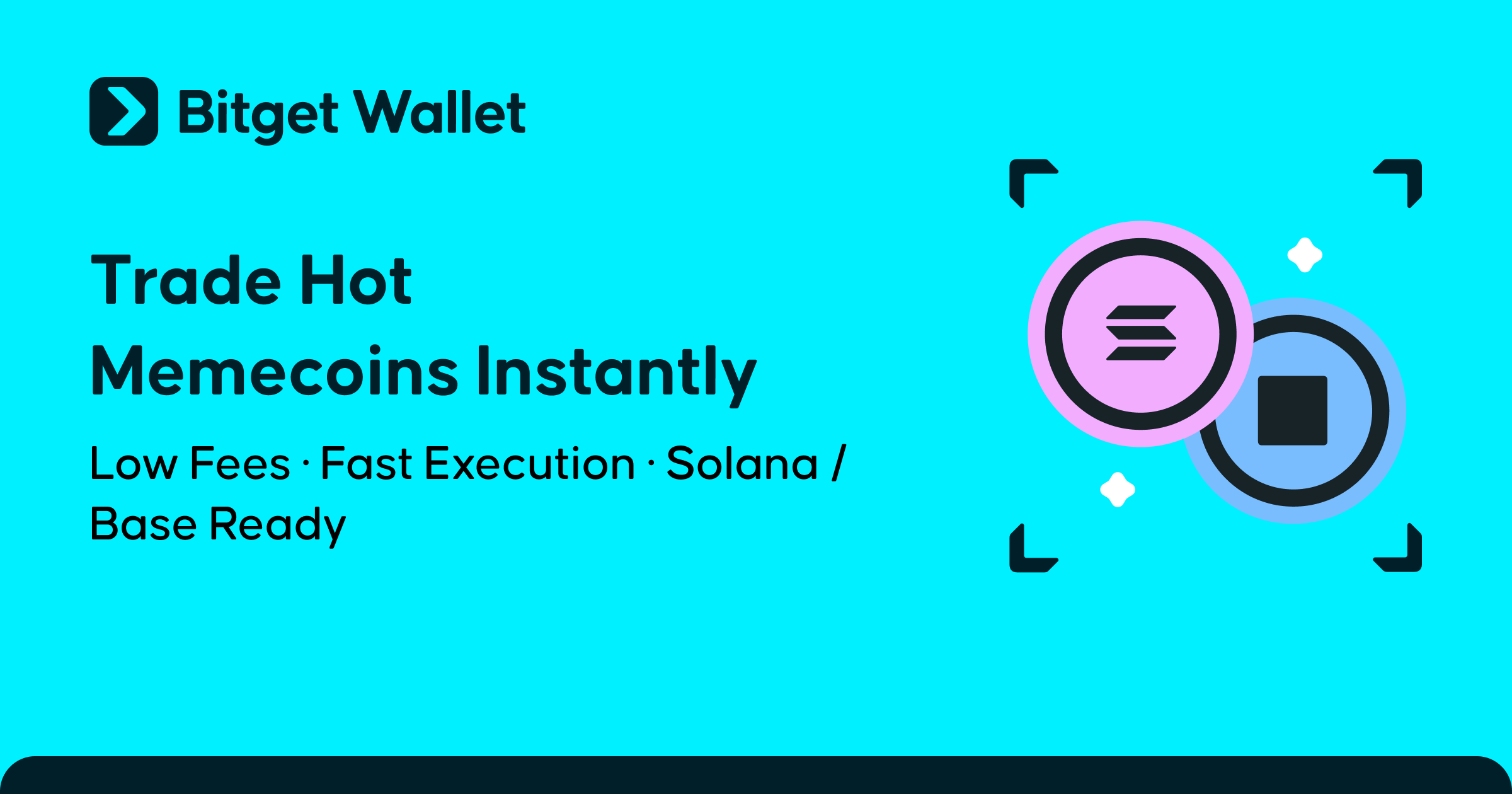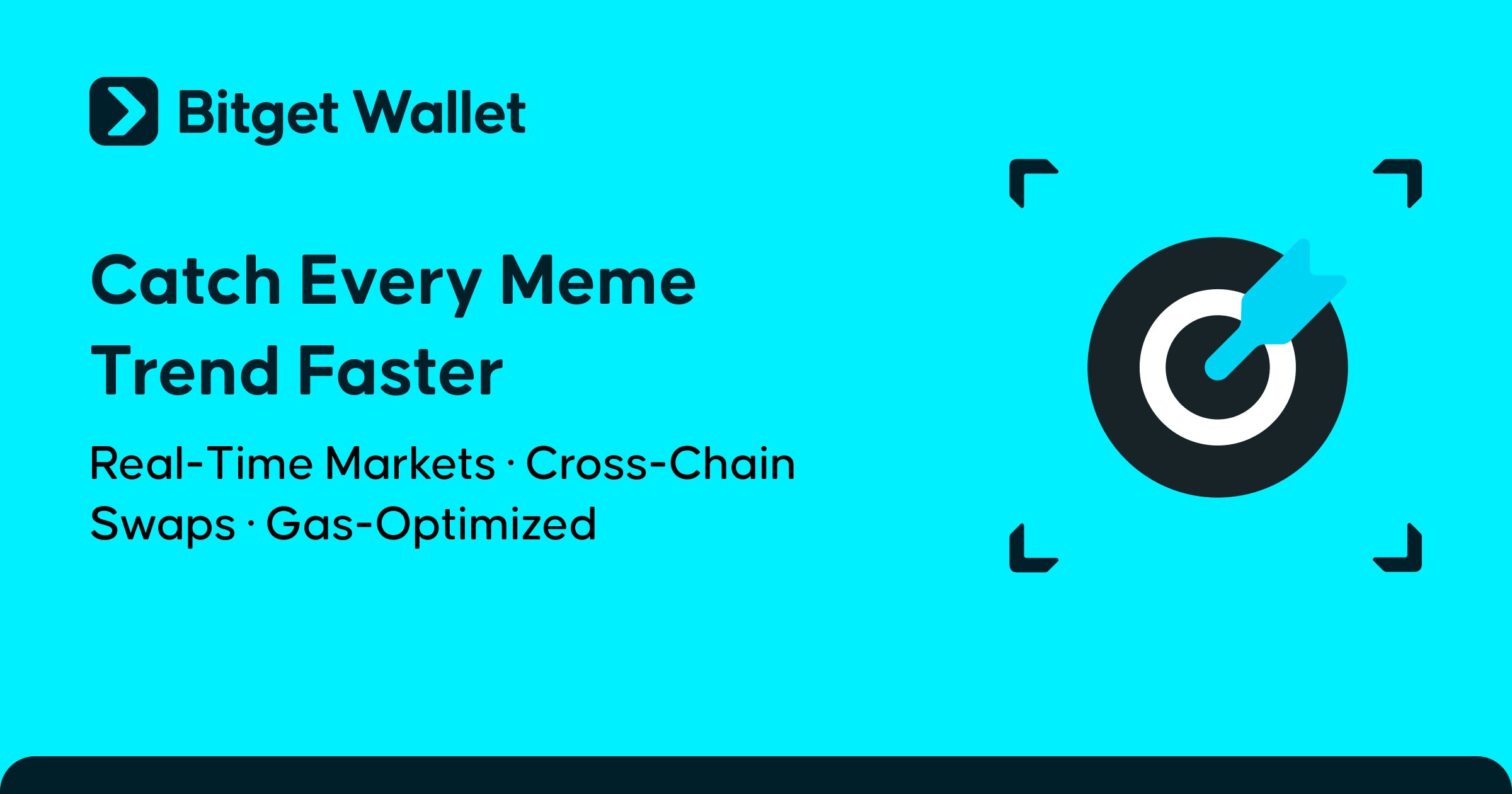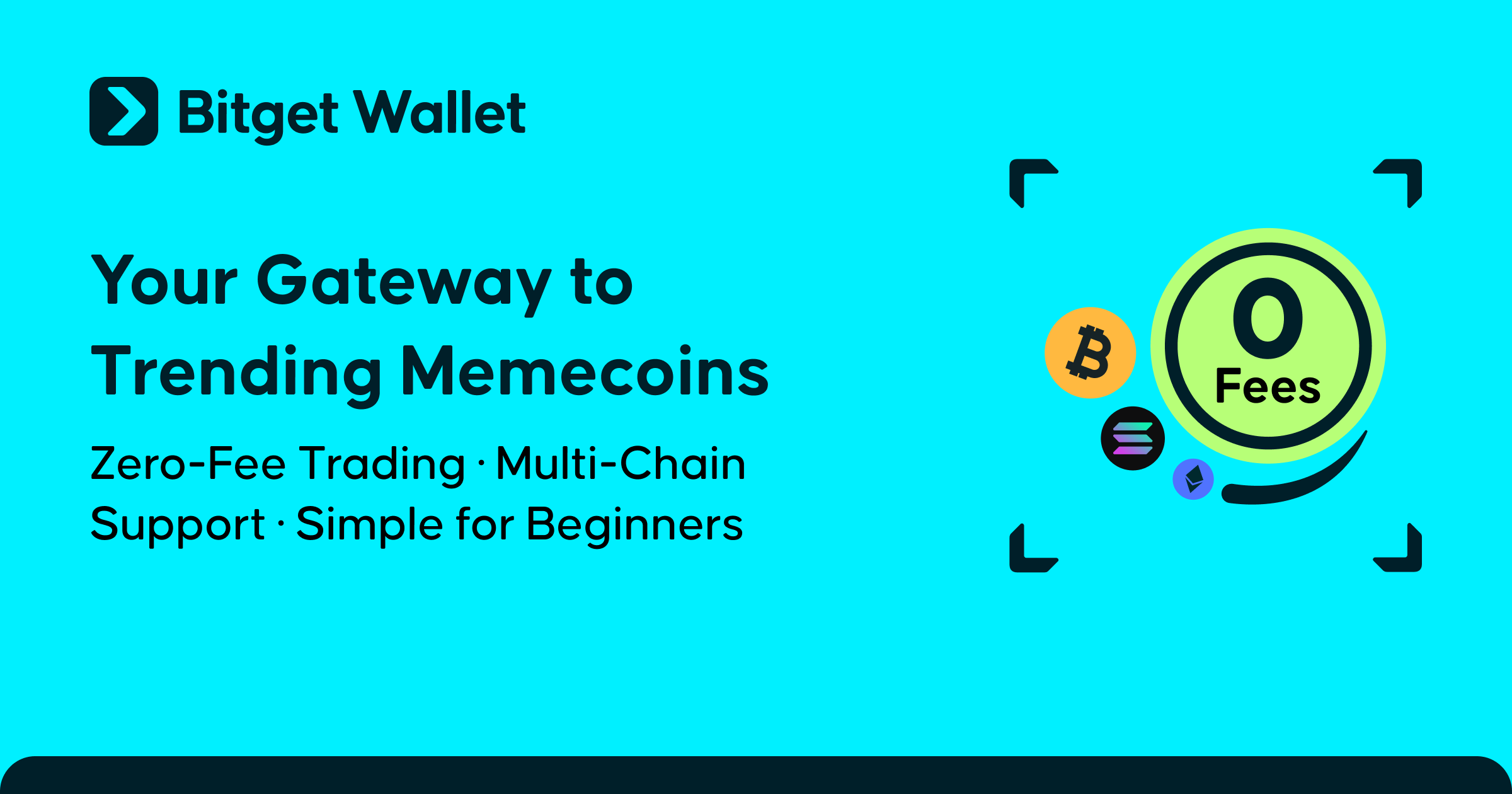What is Solana?

- Solana is a high-performance blockchain platform designed to address scalability and speed limitations, setting it apart from traditional blockchains like Ethereum.
- Solana's combination of proof of history (PoH) and proof of stake (PoS) algorithms enables unprecedented transaction throughput, with the ability to process up to 50,000 transactions per second (TPS) at a fraction of the cost compared to Ethereum.
- Transaction fees on the Solana network are significantly lower than those on Ethereum, making it an attractive choice for developers and users, particularly for projects involving microtransactions, DeFi, and NFTs.
- Solana's innovative approach and impressive growth have positioned it as a strong contender in the blockchain industry, fostering a vibrant community and expanding ecosystem that rivals Ethereum's dominance.
As blockchain technology evolves, Solana and Ethereum have emerged as two prominent platforms competing for supremacy in terms of scalability, transaction speed, and versatility. In this comprehensive analysis, we will explore the origins of Solana, examine its unique features, and conduct an in-depth comparison with Ethereum, the established leader in decentralized application (DApp) development.
Understanding Solana
Solana is a high-performance blockchain platform designed to overcome the limitations of existing networks, particularly Ethereum. Founded in 2017 by Anatoly Yakovenko, a software developer, Solana aims to provide decentralized, scalable applications with fast transaction processing and reduced fees, providing a viable solution to the blockchain trilemma. Its rapid rise to prominence in 2021 led to widespread recognition as an "Ethereum killer" due to its impressive capabilities.
Origins of Solana
Yakovenko initiated the initial implementation of Solana within a private codebase using the C programming language. However, following the suggestion of his former colleague Greg Fitzgerald from Qualcomm, the decision was made to migrate the entire codebase to the Rust programming language.
In February 2018, Fitzgerald embarked on prototyping the first open-source implementation of Yakovenko's white paper. Subsequently, the project marked its first release, showcasing the remarkable ability to verify and process 10,000 signed transactions in just over half a second. Shortly thereafter, Stephen Akridge, another Qualcomm colleague of Yakovenko, demonstrated a significant enhancement in throughput by offloading signature verification to graphic processors.
Building upon these important milestones, Yakovenko successfully brought together Fitzgerald, Akridge, and three other individuals to co-found a company initially named Loom. However, due to potential confusion with an Ethereum-based project bearing a similar name, the company and project underwent a rebranding process, adopting the name Solana, inspired by the small beach town near San Diego where the co-founders resided during their tenure at Qualcomm.
In June 2018, the Solana project, later known as the Solana Foundation, experienced substantial growth, expanding to operate on cloud-based networks. Just a month later, the Solana Foundation published a 50-node, permissioned public test net that consistently supported bursts of 250,000 transactions per second (TPS).
As of September 2022, Solana has achieved remarkable success, having processed over 100 billion transactions with an average cost of $0.00025 per transaction. This remarkable track record showcases the efficiency and cost-effectiveness of the Solana network.
How does Solana Work?
Solana's technological architecture revolves around two crucial algorithms: proof of history (PoH) and proof of stake (PoS). The PoH algorithm introduces a trusted source of time into the blockchain, ensuring the accurate ordering of events and enhancing security. This unique feature enables Solana to achieve unparalleled transaction speed and scalability compared to traditional proof-of-work (PoW) or PoS-based blockchains.
While Ethereum primarily employs a PoS consensus mechanism, it lacks an intrinsic trusted source of time. This limitation has made Ethereum more susceptible to scalability issues, resulting in high transaction fees and slower processing times. Solana's combination of PoH and PoS addresses these concerns, enabling efficient validation and consensus processes.
Scalability and Transaction Speed
Solana's most notable advantage over Ethereum lies in its superior scalability and transaction speed. Ethereum's current capacity allows for fewer than 15 transactions per second (TPS), whereas Solana boasts an astonishing capacity of up to 50,000 TPS. This remarkable throughput is achieved through Solana's optimized architecture and innovative algorithms, making it an ideal choice for applications that require rapid transaction processing and high-volume data transfers.

Transaction Fees
Transaction fees have become a significant concern on the Ethereum nTransaction fees have become a significant concern on the Ethereum network due to congestion issues, resulting in skyrocketing fees during peak periods. Conversely, Solana offers impressively low average transaction costs, typically around $0.00025 per transaction. This affordability makes Solana an attractive option for developers and users, particularly for projects involving microtransactions, DeFi, and NFTs.
Smart Contract Capabilities
Both Solana and Ethereum offer robust smart contract capabilities, crucial for executing programmable transactions and powering dApps. However, Solana's faster transaction processing and lower fees have positioned it as a preferred choice among developers seeking efficient and cost-effective smart contract execution. Solana's architecture empowers developers to create complex applications without worrying about network limitations, enabling them to explore innovative possibilities.
Community and Ecosystem
Ethereum has established itself as the leading blockchain platform with a mature and extensive ecosystem, supporting a wide array of Ethereum has established itself as the leading blockchain platform with a mature and extensive ecosystem, supporting a wide array of DApps, DeFi protocols, and NFT marketplaces. In contrast, Solana is a relatively newer platform that has experienced rapid growth and gained a vibrant community of developers, investors, and projects. The Solana ecosystem continues to expand with new applications and projects being built, showcasing its potential to rival Ethereum's dominance.
Security and Decentralization
Both Solana and Ethereum prioritize security and decentralization, key principles in blockchain technology. Ethereum's network has a long-standing track record, having weathered several attacks and proven its resilience. Solana, with its innovative algorithms and advanced security features, aims to provide a similarly robust and secure environment for its users. Both platforms employ extensive measures to ensure the integrity and trustworthiness of their networks.
Challenges faced by Solana
As strong as Solana may prove to be, no blockchain is immune to weaknesses and vulnerabilities.
Concerns of Centralization
One of the key challenges faced by Solana is the perception of decentralization. Critics argue that a concentration of stake among top validators and a higher percentage of tokens owned by the team and investors may undermine Solana's decentralization ethos. However, it should be noted that Solana's validator count and Nakamoto coefficient suggest a higher degree of decentralization compared to other blockchains, which challenges the notion that it is entirely centralized.
Outages
Another challenge that Solana has encountered is the occurrence of outages. These interruptions in network availability can be disruptive and have an impact on the value of SOL. Solana's team recognizes the importance of stability and has expressed their commitment to addressing this issue as a key focus for the company in 2023. By improving stability and minimizing outages, Solana aims to enhance user confidence and trust in its platform.
Moving Forward
The unique features and strengths of Solana contribute to its status as a strong competitor to Ethereum. Its Proof of History (PoH) algorithm, which addresses node synchronization, enables Solana to handle a significantly higher volume of transactions compared to other platforms. The platform's focus on scalability and efficiency, as evidenced by its ability to process a large number of transactions at a low cost, appeals to developers and users seeking a high-performance blockchain solution.
Additionally, the Solana Foundation's support for DeFi through projects like Solana Pay and its infrastructure for budding projects contributes to the expansion of the DeFi ecosystem. While Solana still faces challenges in terms of decentralization, stability, and environmental sustainability, its commitment to addressing these issues and its unique technological advantages position it as a strong contender in the crypto space and a viable alternative to Ethereum. As the Solana Foundation continues to listen to its community, work towards decentralization, and improve its sustainability efforts, it has the potential to further solidify its position as a prominent player in the blockchain industry.
Bitget Wallet (Previously Bitget Wallet (Previously BitKeep)) x Solana
Bitget Wallet (Previously Bitget Wallet (Previously BitKeep)) has joined forces with the Solana Foundation in an exciting collaboration aimed at promoting the growth and evolution of the blockchain landscape. With Solana's impressive speed, security, and scalability, combined with Bitget Wallet (Previously Bitget Wallet (Previously BitKeep))'s robust wallet solution, the partnership offers users an unprecedented opportunity to pioneer the future of blockchain technology.
Together, Bitget Wallet (Previously Bitget Wallet (Previously BitKeep)) and the Solana Foundation are rewarding the community with a $10,000 USDC airdrop and an exclusive Solana Non-Fungible Token (NFT), symbolizing the revolutionary spirit of Solana's blockchain. This collaboration signifies a commitment to advancing the blockchain industry and invites both seasoned veterans and new Web3 users to embark on this exciting journey with Bitget Wallet (Previously Bitget Wallet (Previously BitKeep)) and Solana.
Click here to learn more about how you can participate in this exciting campaign!
Closing
Solana and Ethereum represent two leading blockchain platforms, each with distinct strengths and capabilities. Solana's unique combination of PoH and PoS algorithms has propelled it to the forefront, offering unmatched scalability, transaction speed, and cost-efficiency. While Ethereum retains its dominance through an established ecosystem and widespread adoption, Solana's rapid growth and promising features make it an enticing alternative for developers and users seeking cutting-edge blockchain solutions. As competition between Solana and Ethereum intensifies, it will drive further innovation and advancements, expanding the boundaries of decentralized applications and benefitting users worldwide.
Follow Bitget Wallet (Previously Bitget Wallet (Previously BitKeep)) to stay up-to-date with all of our latest events, findings, and promotions, and let Bitget Wallet (Previously Bitget Wallet (Previously BitKeep)) be your premier gateway into the Web3 space.
For more information, visit: Website | Twitter | Telegram | LinkedIn | Discord
For media inquiries, please contact: [email protected]
For business inquiries, please contact: [email protected]
- How to Buy T-2049 in 2026: A Beginner’s Step-by-Step Guide to Token 20492026-03-03 | 5mins


















